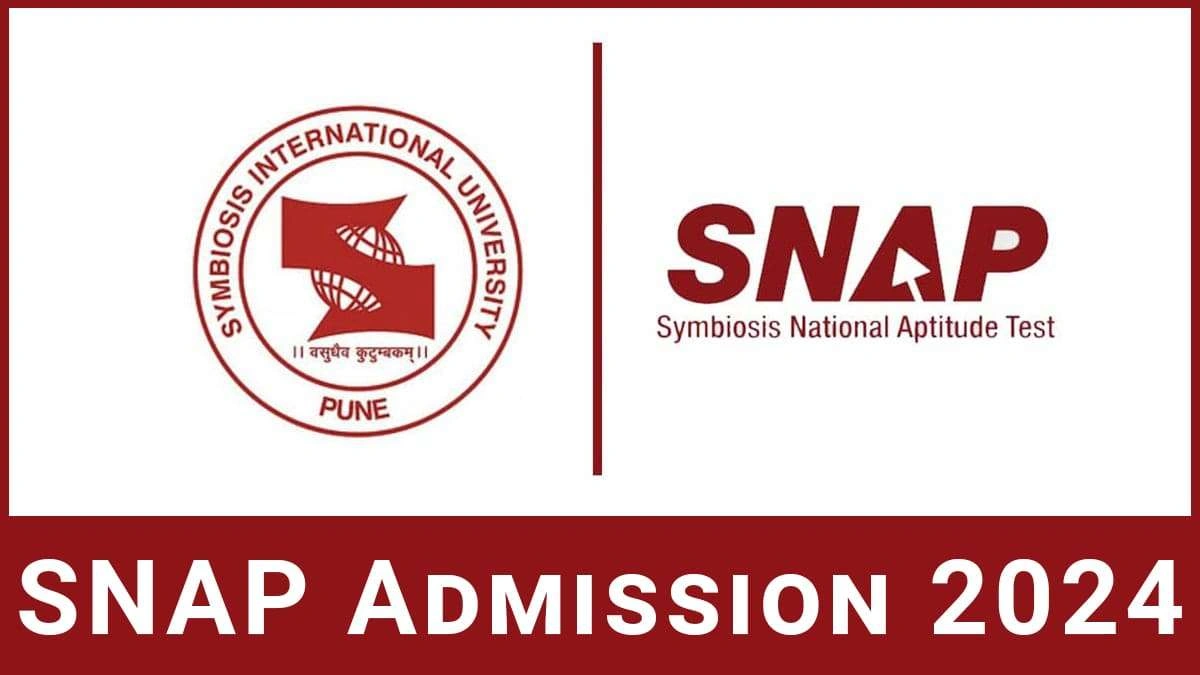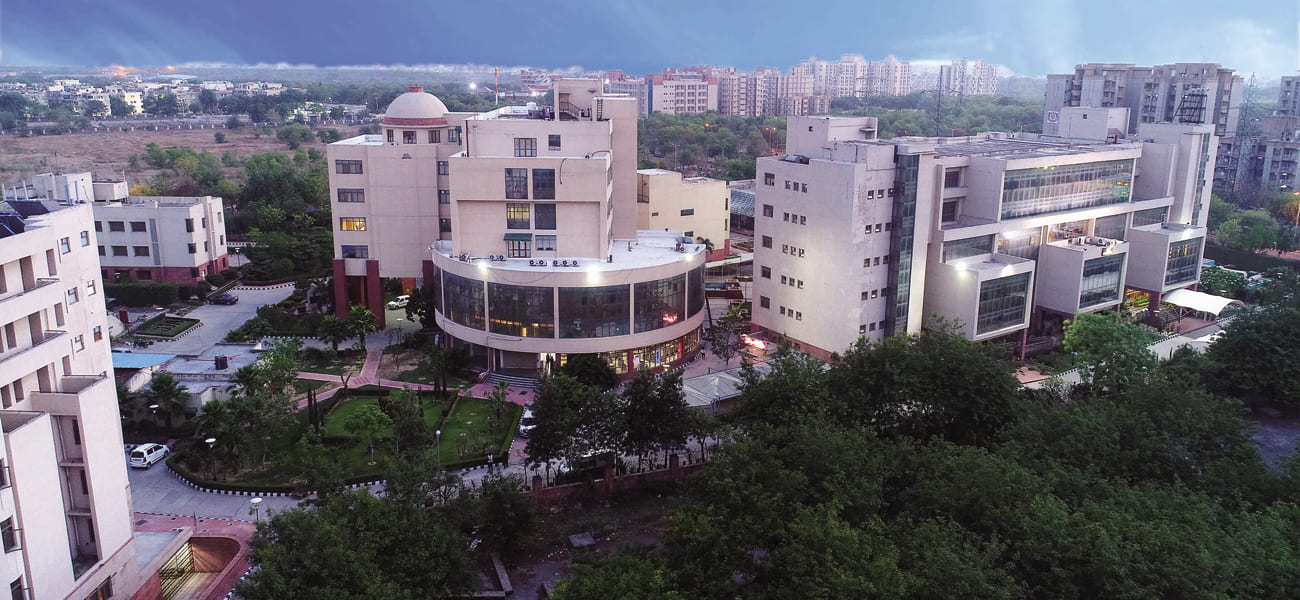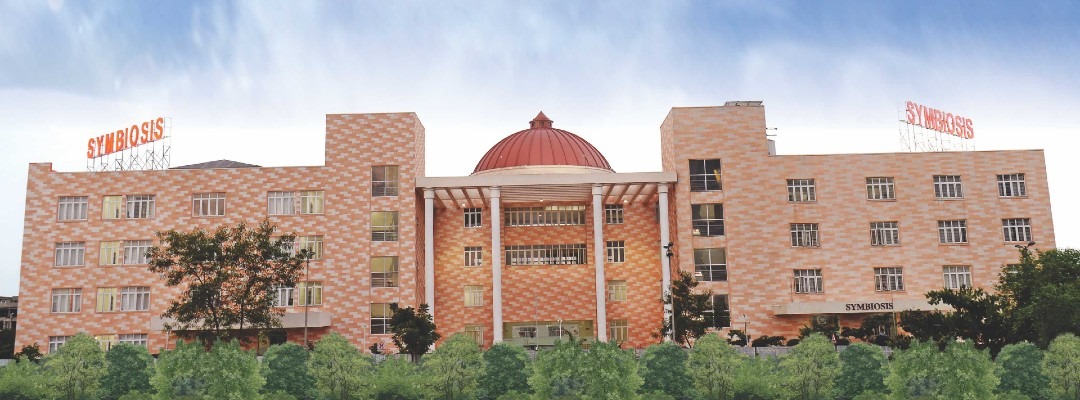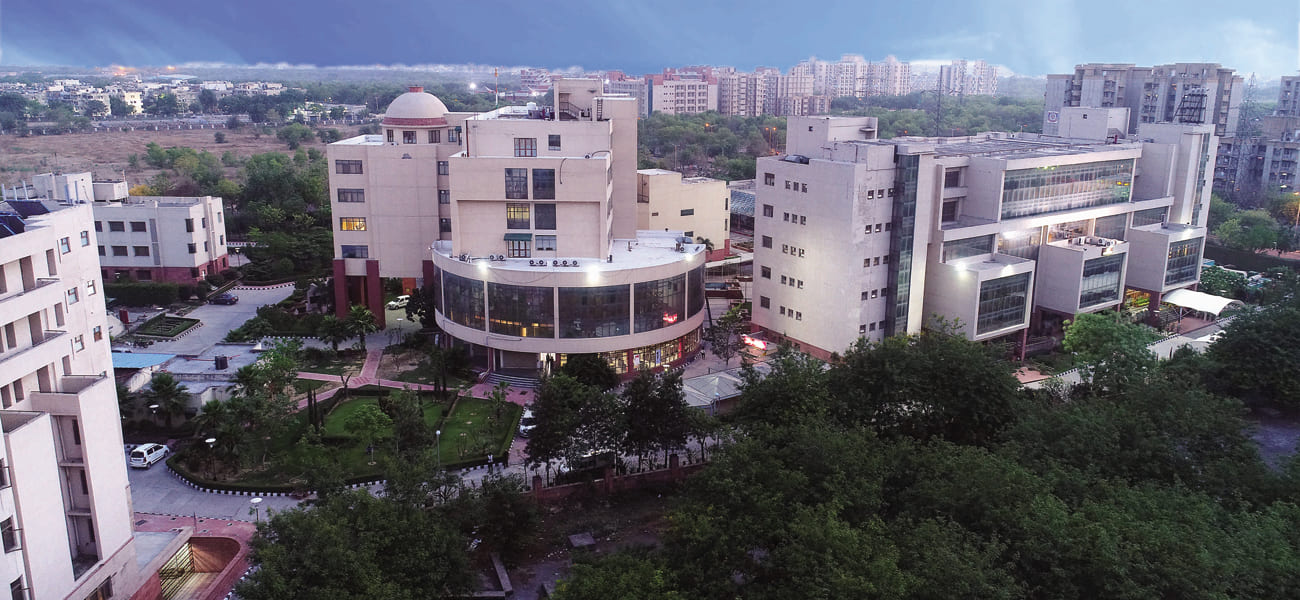SNAP Exam Analysis 2024: Exam Pattern, Difficulty Level, and Ideal Attempts
The Symbiosis National Aptitude Test (SNAP) is one of the most prominent entrance exams for candidates aspiring to pursue an MBA in one of the esteemed Symbiosis institutes. The SNAP Exam 2024 is being conducted across three sessions: December 8, December 15, and December 21, with Test 2 maintaining a similar difficulty level to Test 1.
In this analysis, we will delve into the detailed breakdown of the SNAP 2024 exam including section-wise difficulty, marking scheme, good attempts, and the expected cut-offs for various Symbiosis colleges.
Important dates to remember for SNAP 2024 exam
| Event | Dates |
| Registration Period | 5th August – 22nd November 2024 |
| Admit Card Availability | 2nd December – 21st December 2024 |
| Exam Dates | 8th December, 15th December, 21st December 2024 |
| Result Declaration | 8th January 2025 |
SNAP 2024 Exam Pattern
The format of the SNAP 2024 exam will be the same as it has been in the past. There are three divisions and sixty questions total. Each section tests different areas of aptitude including General English, Analytical & Logical Reasoning, and Quantitative Ability, Data Interpretation & Data Sufficiency.
| Section | Number of Questions | Maximum Marks | Topics Covered |
| General English | 15 | 15 | Vocabulary, Grammar, Sentence Correction, RC |
| Analytical & Logical Reasoning | 25 | 25 | Critical Reasoning, Puzzles, Seating Arrangement |
| Quantitative Ability, DI & Data Sufficiency | 20 | 20 | Arithmetic, DI, Trigonometry, Numbers, Algebra |
| Total | 60 | 60 |
SNAP 2024 Marking Scheme
The SNAP 2024 exam follows a multiple-choice format, where each question has four options, and candidates must choose the most appropriate one. The marking scheme is as follows:
| Question Type | Marks for Correct Answer | Negative Marking |
| Multiple Choice Questions (MCQs) | +1 | -0.25 |
- Correct Answer: +1
- Incorrect Answer: -0.25
- Unanswered Question: 0 marks
SNAP 2024 Section-Wise Analysis
The SNAP 2024 exam has been deemed to have an overall easy-to-moderate difficulty level. However, the difficulty of each section varies slightly. Here’s a detailed breakdown:
General English (15 Questions)
- Difficulty Level: Easy to Moderate
- Key Areas: Vocabulary, Grammar, Sentence Correction, Reading Comprehension (RC)
- Focus: There was a significant emphasis on Grammar questions, and the Reading Comprehension (RC) passages were straightforward.
- Good Attempts: 11-12
- Topics Covered:
- Vocabulary: 6 questions
- Grammar: 9 questions
- Paragraph Jumbles (PJ) & Sentence Jumbles (SJ): None
Analytical & Logical Reasoning (25 Questions)
- Difficulty Level: Easy to Moderate
- Key Areas: Logical Reasoning, Critical Reasoning, Puzzles, Seating Arrangements, Coding-Decoding, Clocks, and Calendars
- Good Attempts: 19
- Topics Covered:
Analytical Reasoning: 17 questions
Logical Reasoning: 8 questions
This section had a balanced mix of questions, with critical reasoning and coding-decoding questions being a significant portion.
Quantitative Ability, Data Interpretation & Data Sufficiency (20 Questions)
- Difficulty Level: Moderate
- Key Areas: Arithmetic, Data Interpretation (DI), Numbers, Trigonometry, Modern Math, and Data Sufficiency
- Good Attempts: 16-17
- Topics Covered:
- Arithmetic: 10 questions
- Numbers: 3 questions
- Trigonometry: 2 questions
- Modern Math: 3 questions
- Data Interpretation (DI): 2 questions
Compared to SNAP Test 1, this section was slightly more challenging, with more tricky questions, particularly in Data Sufficiency and Data Interpretation.
SNAP 2024 Test 2: Difficulty Level Breakdown
The overall difficulty of SNAP 2024 Test 2 was easy to moderate. While many candidates found the exam doable, the Quantitative Ability section posed some challenges due to its focus on arithmetic and tricky data sufficiency questions.
| Section | Difficulty Level | Doable Attempts |
| General English | Easy-Moderate | 11-12 |
| Analytical & Logical Reasoning | Easy-Moderate | 19 |
| Quantitative, DI & Data Sufficiency | Moderate | 16-17 |
| Total | Easy-Moderate | 48 |
Ideal Attempts and Expected Scores
A good attempt refers to questions that can be answered correctly with a reasonable amount of accuracy. Based on SNAP 2024 Test 2, here’s the estimate of good attempts and good scores for each section:
| Section | Good Attempts | Good Score |
| General English | 11-12 | 11-12 |
| Analytical & Logical Reasoning | 19 | 19 |
| Quantitative, Data Interpretation & Data Sufficiency | 16-17 | 16-17 |
Based on the analysis, a rough estimate of 47-48 correct attempts would be considered a good score in SNAP 2024 Test 2.
SNAP 2024 Expected Cutoff
With an easy-to-moderate exam level, the expected cut-offs for the SNAP 2024 exam will likely be higher compared to previous years. Based on student feedback and difficulty levels, here are the expected cut-offs for top Symbiosis institutes:
| College | Expected SNAP Cutoff (2024) |
| SIBM Pune | 98+ %ile |
| SCMHRD Pune | 97.5+ %ile |
| SIIB Pune | 94-96 %ile |
| SIBM Bangalore | 91-93 %ile |
| SIOM Nashik | 86-90 %ile |
| SIDTM Pune | 83 %ile |
| SICSR Pune | 82-85 %ile |
These cut-offs are estimated based on the exam’s difficulty level and expected performance from candidates.
SNAP 2024 Test 2 Analysis
The SNAP 2024 Test 2 was overall easy to moderate with candidates finding the exam manageable, especially in sections like General English and Analytical & Logical Reasoning. However, the Quantitative Ability and Data Interpretation section posed a moderate level of challenge.
Given the manageable difficulty and strong performance from most candidates, cut-offs are likely to be higher this year. To stay competitive, candidates should aim for 47-48 correct attempts across all sections, with a good score being above 40.
With cut-offs expected to be around the 96-98%ile for top Symbiosis colleges, candidates should plan their next steps accordingly and focus on preparing for the Personal Interview (PI) and Group Exercise (GE) stages once their SNAP score is announced.






























